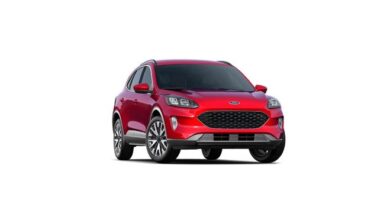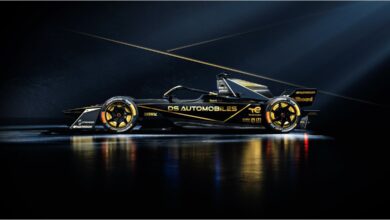Chinese EV makers Dongfeng Motor and Chery Automobile eye factories in Europe as competition escalates at home

Dongfeng, headquartered in Wuhan, the capital of central China’s Hubei province, is in talks with the Italian government to establish a factory with an annual capacity of more than 100,000 units, according to Bloomberg, which cited Xie Qian, head of the company’s European operations.
State-owned Chery, based in East China’s Anhui province, has reached an agreement with its Spanish partner to build its Omoda branded vehicles, two months after it started selling the cars in the country.
According to a statement from Spain’s Ministry of Industry and Tourism on Tuesday, the deal is expected to be signed on Wednesday in Madrid. Ebro-EV said it would own the majority of the venture.
Dongfeng and Chery are following in the footsteps of BYD, the world’s largest electric car maker, by localising their production in Europe as China’s international heft in EV design and manufacturing increases.
The European Commission launched an investigation into foreign state subsidies last September, and is expected to impose tariffs higher than the standard rate of 10 per cent on Chinese-made EVs.
Currently, six out of 10 new electric cars worldwide are sold in mainland China.
UBS predicted in September that cars made in China, benefiting from a faster pace of electrification than most other countries, will control 33 per cent of the global market by 2030, up from 17 per cent last year.
Dongfeng’s EV unit, Voyah, said on Wednesday that it would tap a clutch of South European markets, from Germany to Spain and Italy, by exporting more of its vehicles to them.
On Wednesday, Chery formed a partnership with UK car rental company Octopus Electric Vehicles, which will allow its Omoda EVs to be leased out to local customers.
The tie-up between Octopus and Chery came just a month after the UK company signed a preliminary agreement with BYD to buy 5,000 of its cars.
In China, BYD kicked off a discount war on February 18, cutting the prices of nearly all of its cars by 5 to 20 per cent as sales in the world’s largest EV market showed signs of slowing.




